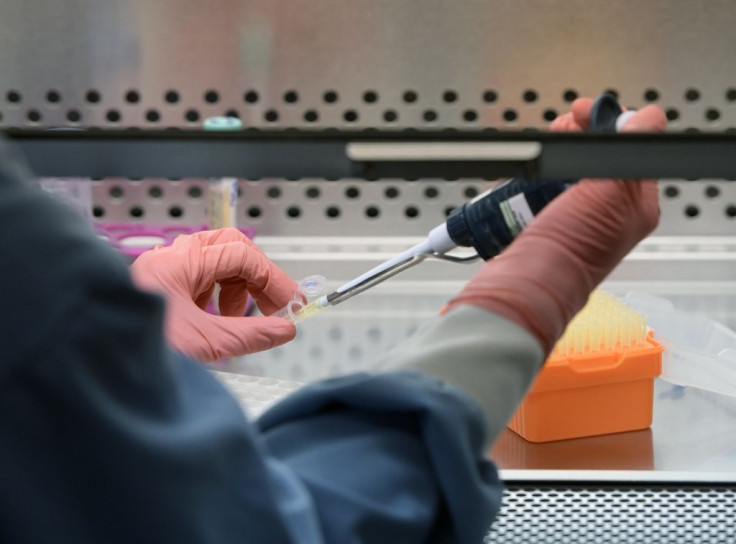'London Patient' Could Be Second Person Successfully Cured Of HIV

Ten years ago, Timothy Ray Brown, better known as the "Berlin Patient," became the first person to be effectively cured of the HIV/AIDS virus. Since then, while strides have been made, no one else has been viewed in the same light as Brown. However, that has just changed in London.
CNN is reporting that scientists believe a second HIV patient in London has been “cured” in the same was as Brown was one decade ago. This comes via Ravindra Gupta, a professor at University College London’s Division of Infection and Immunity, who ran a study with the now dubbed “London Patient” receiving the same treatment Brown did.
This was achieved with the use of stem cell transplants from people born with CCR5-delta 32. CCR5-delta 32 is a rare genetic mutation that has proven to make the two individuals resistant to HIV without the need for antiretroviral drugs. The stem cell transplant forced the HIV virus to go into remission.
Gupta said about the study, "by achieving remission in a second patient using a similar approach, we have shown that the Berlin Patient was not an anomaly and that it really was the treatment approaches that eliminated HIV in these two people."
Now, in fairness, while the two individuals are viewed as "cured," CNN did report that Gupta and his colleagues "will continue to monitor the man's condition, as it is still too early to say that he has been cured of HIV."
The “London Patient” had been diagnosed with HIV in 2003 but didn’t begin antiretroviral treatments until 2012. The individual was later diagnosed with advanced Hodgkin's lymphoma, forcing him to undergo chemotherapy. After that, he received the stem cell transplant in 2016 and remained on antiretroviral treatments for another 16 months.
In 2017, the patient began disrupting his antiretroviral treatments to see if the previous stem cell transplant had eliminated the HIV virus. He has seen been in remission for 18 months and continued testing confirmed that the HIV has been undetectable.
The results have been met with excitement by many in the medical community. While the general feel is that there’s still a long way to go, finding that this sort of treatment is viable is another major step in combating and, one day, eliminating AIDS.
© Copyright IBTimes 2025. All rights reserved.





















